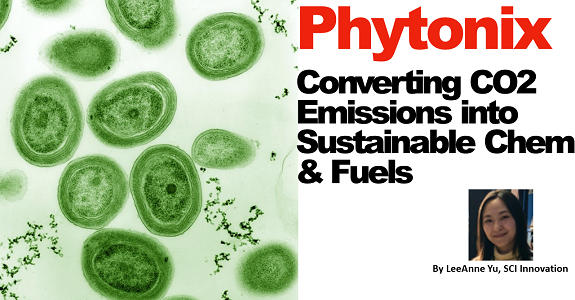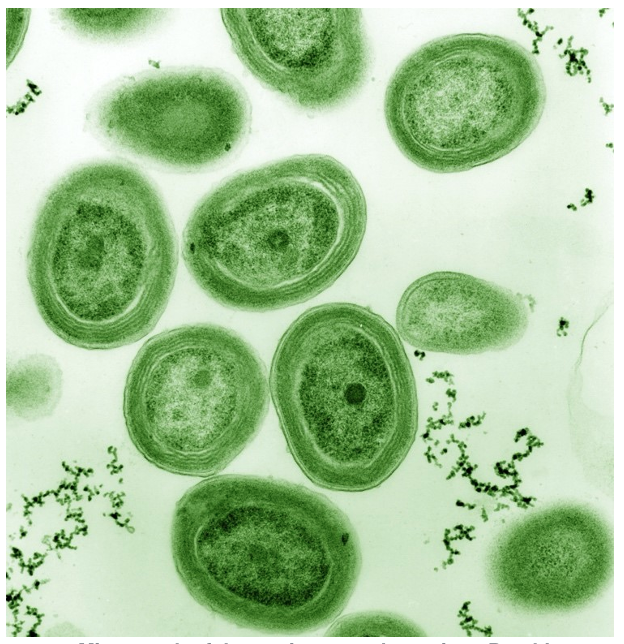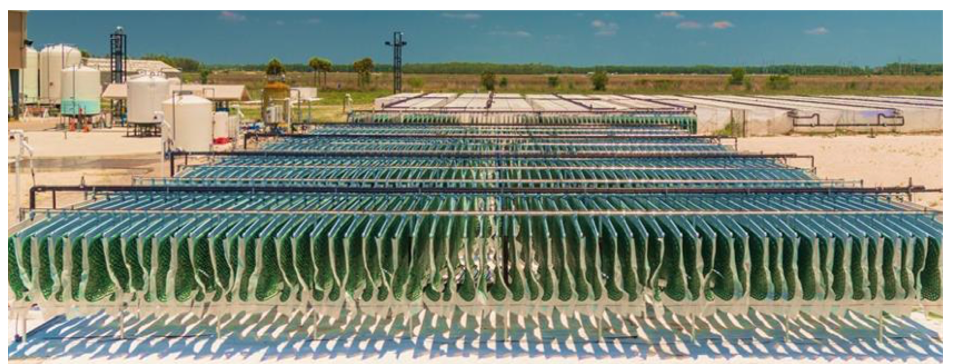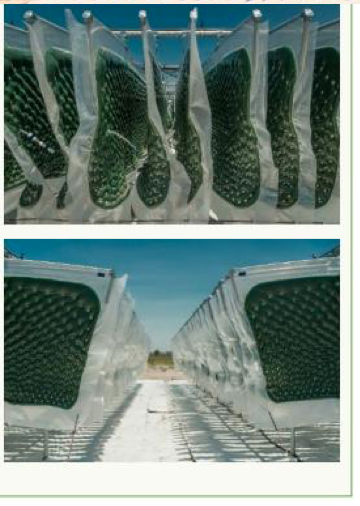Phytonix: Converting CO2 Emissions into Sustainable Solar Chemicals & Fuels

Winner of the 5th China (Shenzhen) Innovation & Entrepreneurship International Competition
By LeeAnne Yu of SCI Innovation
Special to The Digest
Bruce Dannenberg founded his company Phytonix in 2009 after having worked in the renewable energy industry for many years. Familiar with a variety of bio-based technologies, he saw a lot of energy production efforts operating at high costs and low volume, thus never likely to be feasible or commercially sustainable. Then, around 2008, the field of synthetic biology emerged, which has become a powerful new field of the biotechnology industry, for research and development in renewable energy that involves redesigning organisms by engineering new abilities into them. Since then, Phytonix has been diving headfirst into the world of synthetic biology to sustainably produce cleaner energy, utilizing photosynthetic microorganisms while reducing harmful CO2 emissions.

Bruce Dannenberg, CEO of Phytonix
So, what is produced? The product Phytonix makes is 1-butanol, which has a $12 billion/year global market as an industrial chemical with a wide variety of applications. Why is 1-butanol a better product? First of all, as an industrial chemical, it has a wholesale price 3X greater than traditional fuels. Secondly, as a fuel, butanol can completely replace gasoline. This being said, Phytonix believes that it can produce butanol at a cost that will enable it to compete as a fuel additive or full drop-in gasoline replacement, in a trillion-dollar market. Butanol can completely replace gasoline, which means you can use 100% butanol in your car engine without costly modifications. Because it is an alcohol it burns more cleanly than gasoline, which is one reason Phytonix does what it does, to create a more sustainable world and address the climate crises.
You may ask, since 1-butanol already has a large global market and is widely used, what does Phytonix do differently? Well, most of the 1-butanol currently on the market is produced through a fossil-based process that’s expensive and carbon-intensive. Phytonix has developed a globally patented bio-based production process that uses carbon dioxide from industrial emissions as the direct carbon feedstock. While producing 1-butanol, the patented process eliminates the carbon dioxide that would otherwise be released into the environment.
How does it work? The most important ingredient in this process is a photosynthetic organism called cyanobacteria. What is so fascinating about these ancient bacteria is the fact that they created the very oxygen we are breathing right now. Cyanobacteria are a blue-green bacteria that glide, divide, and photosynthesize. They are relatively simple bacterial organisms but are nonetheless very important. About 3.2 billion years ago, the world had almost no oxygen, and there was no life on earth, 2.5 billion years ago only anaerobic microorganisms could survive. Over 3 billion years ago cyanobacteria emerged, using light to split carbon dioxide and water into carbon, hydrogen and oxygen molecules. This photochemical reaction would go on to provide one of the most important factors for early life: oxygen production and reduction in atmospheric CO2 levels. Along the way, they also caused an almost total extinction of life on earth by producing too much oxygen (read more about cyanobacteria here), so do not underestimate these tiny organisms.

Micrograph of the marine cyanobacterium, Prochlorococcus marinus (Luke Thompson from Chisholm Lab and Nikki Watson from Whitehead, MIT CC0 1.0)
It’s not natural for cyanobacteria to produce butanol; therefore, Phytonix uses synthetic biotechnology to engineer the cyanobacteria to use light, carbon dioxide and water to produce butanol and release oxygen as a by-product. The most amazing part of synthetic biology is that it allows functions to be specifically added or altered in the genes of the organisms, such as in the mRNA technology of today’s Covid vaccines. In Phytonix’s case, the cyanobacteria had 8 genes engineered to produce butanol instead of sugar and to increase productivity and utilize and convert more carbon dioxide.
So, how do these microorganisms do their work? We know that they can only survive in water. Phytonix has developed a solar process whereby the genetically engineered cyanobacteria are grown in bags of liquid known as photobioreactors and hung across large fields. The photobioreactor bags pictured in the photos below, which are shown as an example, are produced by Algenol Biotech. These bags are especially designed to have an uneven surface, like diamonds, in order to acquire more sunlight. Just like solar battery farms, these bacteria need sunlight to carry out their photosynthetic process. One of the requirements for production is land usage, which in many cases can work well by partnering with industrial companies that already have land at or around their plants. Phytonix is actively working to minimize land requirements and it’s worth noting that traditional growing of algae yields 3000-5000 gallons of algae oil per acre, which can be further processed into biodiesel fuel, while with Phytonix’s technology 15,000 -30,000+ gallons of 1-butanol per acre can be produced.


(photos courtesy of Algenol Biotech)
As mentioned before, Phytonix uses carbon dioxide as its sole feedstock to produce butanol. Therefore, in partnership with factories and industrial plants, partners are assisted in two ways: reducing CO2 waste emissions and turning them into useful chemicals and fuel to generate revenue. At the current stage, Phytonix is going from small pilot production testing and then scaling up to larger pilot production. “It’s not always easy to explain this process and update people’s understanding of land requirements and outcomes compared to other technologies,” says Bruce. This is especially true comparing Phytonix’s butanol production to ethanol production, for which much more land and water is required to grow corn – and on top of that, the corn-to-ethanol facilities today utilize fermentation technology, which produces carbon dioxide as a by-product.
As first-prize winner of the 5th China (Shenzhen) Innovation & Entrepreneurship International Competition, one of Phytonix’s key target markets is China, one of the world’s largest emitters of carbon dioxide and which has one of the fastest growing global 1-butanol markets. China needs innovative technologies to reduce industrial CO2 emissions. Over the next few years Phytonix plans to expand their pilot production to 570k liters, and by 2026, they will have increased commercial production to 18.93M liters.
Phytonix has been invited to present at ABLC Next (The Advanced Bioeconomy Leadership Conference on Next-Gen Technologies), which will take place in San Francisco this October. Hundreds of leaders in the advanced bioeconomy will be in attendance. The conference can be viewed in person or virtually.
Category: Thought Leadership, Top Stories















